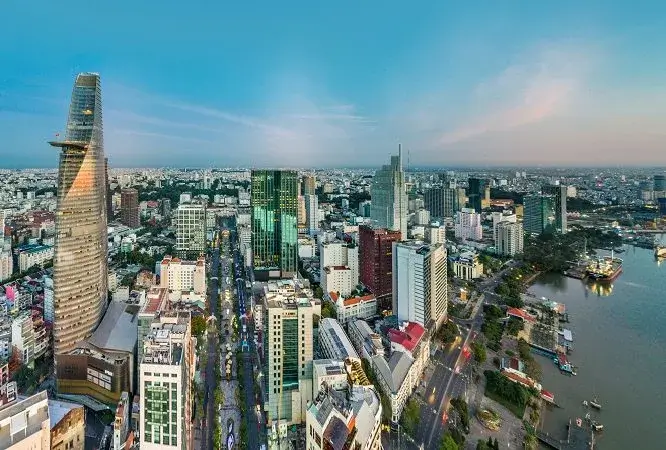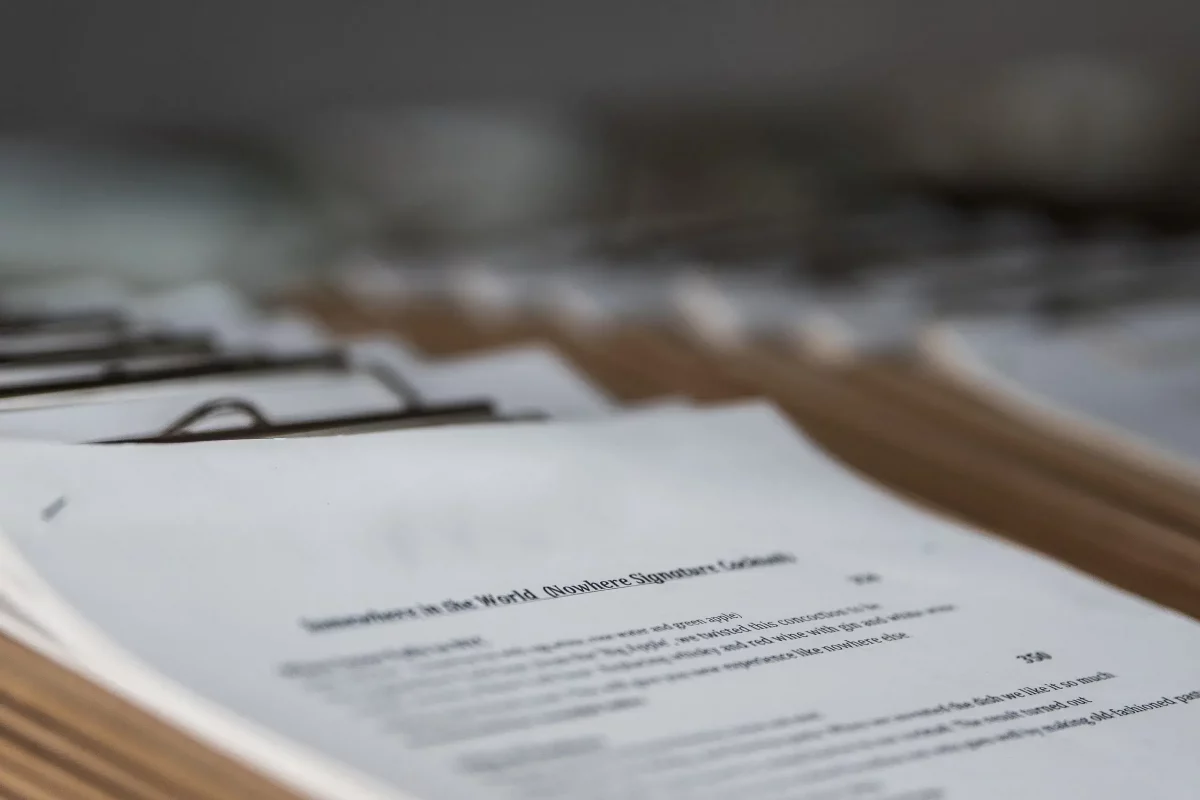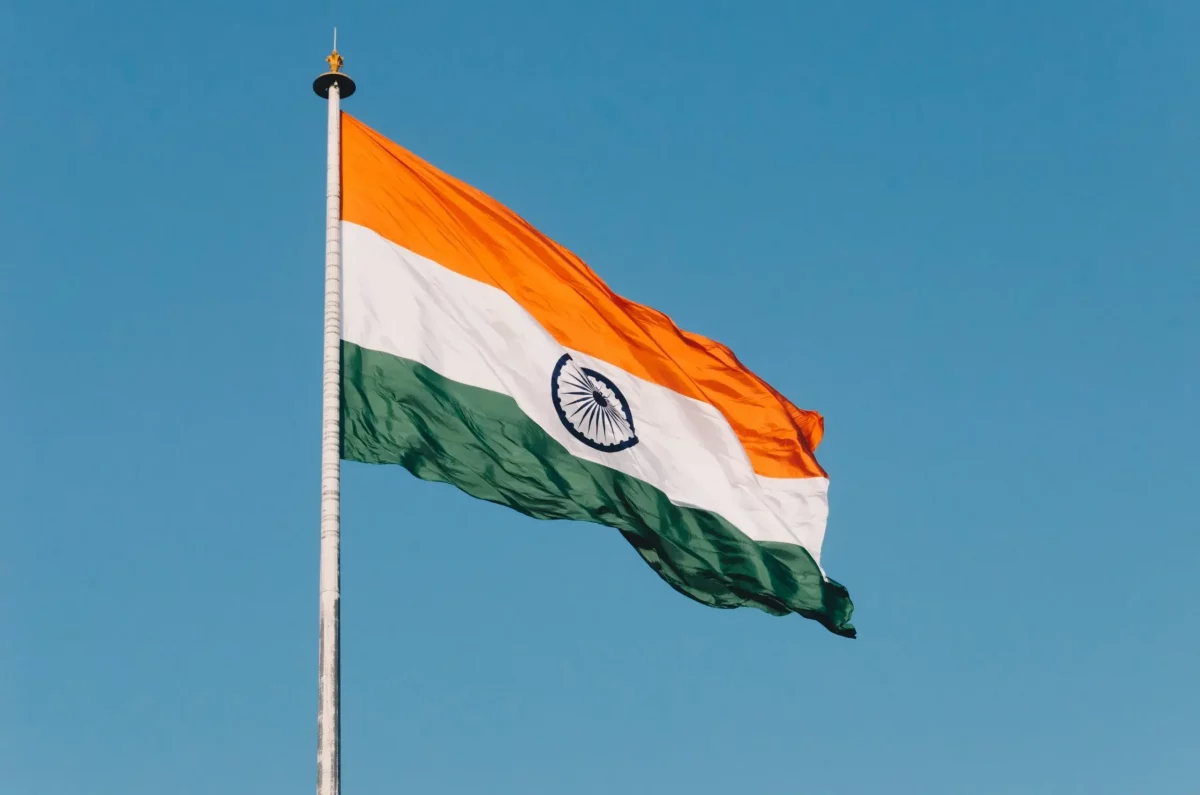Vietnam-Singapore DTAA: Double Tax Avoidance Agreement
Vietnam-Singapore Relations
Since the implementation of the CFA there was great progress in creating a conducive environment for Singapore companies to invest in Vietnam. According to the Ministry of Planning and Investment of Vietnam, Singapore was the leading foreign investor in Vietnam for the past two years with investments of about US$7 billion. The seven Vietnam-Singapore Industrial Parks in Binh Duong, Hai Phong, Bac Ninh, Quang Ngai, Hai Duong, and Nghe An are concrete symbols of the close economic cooperation between the two countries.
The expansion of trade and business links between Singapore and Vietnam over the years has made it necessary to regulate tax issues arising in cross-border business between corporations and individuals of the two countries, particularly the possibility of taxing the same sources of income twice. The Singapore-Vietnam Avoidance of Double Taxation Agreement (DTAA) is the main regulatory instrument for resolving this issue.
What Is the Vietnam-Singapore Double Tax Treaty?
The Vietnam-Singapore DTAA was designed to eliminate double taxation without creating opportunities for nontaxation or tax evasion. Without a DTAA, income is liable to be double taxed — i.e., two countries levy their own taxes on the same income. Under the DTAA, income will be taxed in only one of them. The DTAA includes provisions to safeguard the misuse of the agreement.
The agreement was first signed on March 2, 1994. In January 2013, the treaty was amended by a Protocol (the “2013 Protocol”), which updated certain key subjects.
We Have Helped Thousands Incorporate In Singapore
Scope of the Vietnam-Singapore Tax Treaty
How is Tax Residency Defined Under the Vietnam-Singapore Tax Treaty?
What Taxes Will I Owe Under the Vietnam-Singapore Double Tax Avoidance Agreement?
In Which Country Will the Income be Taxed?
Type of income or payment
Where it is taxed
Income from immovable property
Business profits
Permanent Establishment profits
Profits from shipping and air transport
Dividends
Interest
Royalties
Capital gains
Independent personal services
Dependent professional services
Directors’ fees
Income of artists and sports persons
Pensions
Government payments
Payments to students, researchers, and scientists
Tax exempted.
In addition, payments for services rendered by a student or business apprentice are tax-exempt if such services are in connection with the studies or training and the amount of payment does not exceed the certain amount.
Protect Your Income From Excessive Taxation
Conclusion
The Singapore-Vietnam DTAA was designed to further develop economic relations and enhance cooperation in tax matters between the two countries. Indeed, the DTAA has provided significant advantages to individuals and corporate entities of both states, making it possible to eliminate the double tax burden in cross-border business activities. Singapore’s favorable tax framework has made it an even more desirable location for business vehicles for cross-border investment in South-East Asia.
As an investor or business person with interests within South-East Asia, you should be aware of existing DTAAs in force, which can influence the proper business structure for your enterprise in order to avail tax exemptions or reductions in taxes, payable either in Vietnam or in Singapore. If you are interested in learning more about the optimal business structure in Singapore for your needs, please contact our team.
Related Articles





















